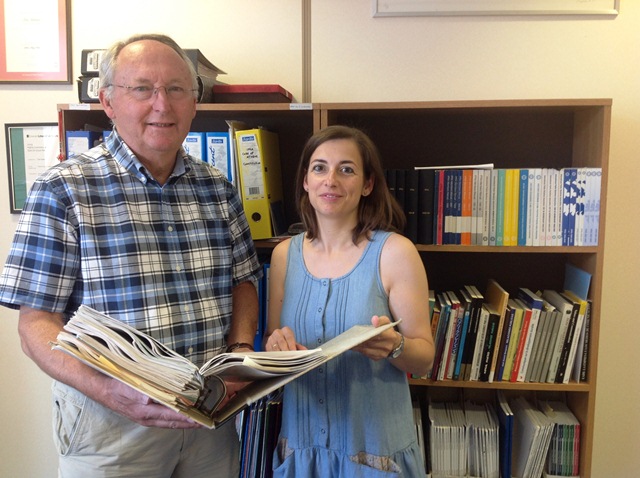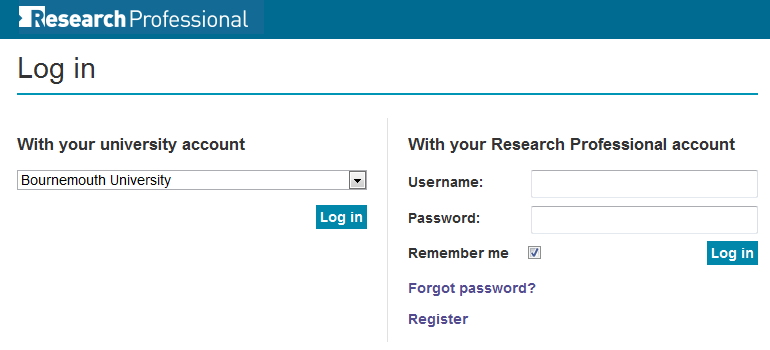Courtesy of University Alliance.
Monday
Reshuffle speculation
Speculation is growing ahead of an rumoured government reshuffle, with the PM expected to inform sacked ministers this evening of his decision. The usual Tuesday morning Cabinet has reportedly been shelved. Universities and Science Minister David Willetts is reported as among those expected to be reshuffled in Paul Waugh’s Room Memo which suggests that the shape of a Cabinet reshuffle is forming with focus on bring in more women and new faces.
“David Willetts’ Cabinet-attending post as Universities Minister could be an option for the Prime Minister to bring up somebody from a lower ministerial rank, with the Telegraph reporting that this could be the route for Liz Truss to become the youngest-ever female Tory Cabinet member. ”
Old pals axe The Sun
David Cameron ‘open to all-women shortlists on eve of reshuffle The Guardian
Old guard fail to jump before they are pushed from cabinet The Times
Cameron’s youthful, woman-friendly reshuffle is a ‘last-minute worry about votes’ says Labour (Independent)
Scottish Independence
The Law Society of Scotland is questioning whether their government had fully researched the planned policy of continuing to charge students from other parts of the UK in the event of a ‘yes’ vote. It warned that such ‘discriminatory fee structures’ were illegal under EU law.
Scottish tuition fees for English students could be illegal under independence, lawyers warn (Telegraph).
University finance
An interesting piece exploring how changes in generating finance to pay for expansion or new campus buildings by issuing bonds could create a new elite set of universities. Eight English universities have been awarded credit ratings which are awarded on academic reputation, track-record in student recruitment, financial health and leadership. These could be used by governments to allow universities with the strongest rating to launch their own student loan schemes.
Credit where it’s due as universities borrow millions (The Times)
Languages
The APPG on Modern Languages warns the UK is missing out on almost £50bn a year in lost contracts because of poor language skills among the workforce. They warn the study of languages was in ‘deep crisis’ at A-level and languishing at a ‘record low in universities. 44 universities had scrapped language degrees since 2000.
English youths ‘Europe’s worst at languages’: Just 9% of pupils have basic mastery of French compared with 42% elsewhere (Daily Mail)
University role ‘crucial’ for languages recovery (THE)
Tuesday
Reshuffle shenanigans – you have already received these updates.
Wednesday
Government reshuffle
Top story for most papers although they do focus on the motivations behind Gove’s departure from the Departure of Education and the appointment of several women to ministerial posts.
Greg Clark universities minister as Willetts steps down (BBC News) – quoted UA.
Steve West, Chairman of University of Alliance, said: “The coming months will be critical in thinking about the long-term sustainability and global positioning of UK higher education.”
Greg Clark appointed universities and science minister (Guardian HE blog)
David Willetts quits as university minister (THE) and Greg Clark takes over from Willetts (THE)
Science sector praises David Willetts (Daily Mail)
Science Minister Greg Clark supports ‘homoeopathy‘ (Huffington Post)
Further coverage in sector magazines including Science, Chemistry World, Laboratory Talk
Thursday
Widening Participation
HEFCE/OFFA have published a report today – Outcomes of access agreement, widening participation strategic statement and National Scholarship Programme monitoring for 2012-13’. The report (available here) focuses on all universities, but Prof Les Ebdon has commented separately on how there has been less progress in boosting the number of poor students attending the most selective universities. This may have influenced coverage to focusing on what the Russell Group is doing to change this (especially in The Times, Telegraph)
Bursaries are bigger but few get them (The Times)
Top universities ‘must do more’ for poor students (Daily Telegraph)
Rise in university spend to attract poorer (BBC News)
Outreach activity ramped up at dawn of £9000 fees (THE)
There is a live chat happening today between 9am and 11am on widening access in UK and Australia on Guardian’s HE Network webpage on
Has the expansion of higher education helped to widen access? (Guardian) which may make interesting reading.
David Willetts
Interviewed on his “reflections” following his resignation as Universities and Science Minister, David Willetts predicts that his successor will need to face down Labour’s policy to reduce fees to £6000.
Few regrets for David Willetts (THE)
Friday
Skills gap/Job readiness
Catherine Hobbs, head of engineering at the University of the West of England (UWE), argues that part-time postgraduate study can help ease industry’s skills problem but only if universities prove to businesses the direct benefits of investment.
Universities must prove they can help close the skills gap (The Engineer)
A-level reform
Russell Group universities want ministers to provide schools with more funding, teacher training and resources to ensure that reformed A-levels are taught properly – and ensure students can take fourth A-levels in crucial subjects. They wrote a letter to Michael Gove before his move.
A-level reform: Top universities want more money for schools (TES)
International Students
Interesting interactive graphic on the Guardian HE Network page demonstrating which countries get the most overseas students.
International students – where do they go to study?






















 New Nepal scoping review on maternal & neonatal health
New Nepal scoping review on maternal & neonatal health Fourth INRC Symposium: From Clinical Applications to Neuro-Inspired Computation
Fourth INRC Symposium: From Clinical Applications to Neuro-Inspired Computation Writing policy briefs
Writing policy briefs Upholding Excellence: The Concordat to Support Research Integrity
Upholding Excellence: The Concordat to Support Research Integrity ECR Funding Open Call: Research Culture & Community Grant – Application Deadline Friday 12 December
ECR Funding Open Call: Research Culture & Community Grant – Application Deadline Friday 12 December MSCA Postdoctoral Fellowships 2025 Call
MSCA Postdoctoral Fellowships 2025 Call ERC Advanced Grant 2025 Webinar
ERC Advanced Grant 2025 Webinar Horizon Europe Work Programme 2025 Published
Horizon Europe Work Programme 2025 Published Horizon Europe 2025 Work Programme pre-Published
Horizon Europe 2025 Work Programme pre-Published Update on UKRO services
Update on UKRO services European research project exploring use of ‘virtual twins’ to better manage metabolic associated fatty liver disease
European research project exploring use of ‘virtual twins’ to better manage metabolic associated fatty liver disease